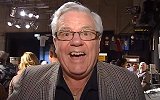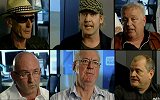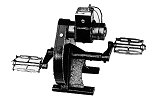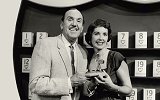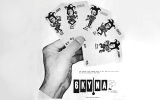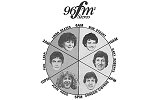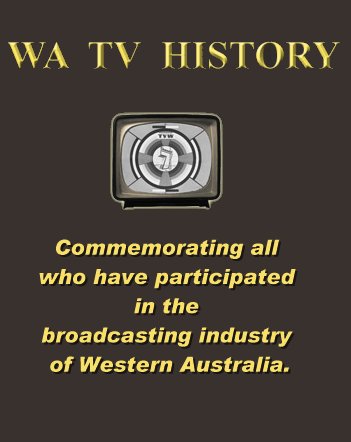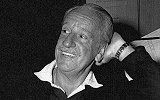
The ABC seeks better accommodation The ABC studios and 6WF moved again in 1937 to The Returned Soldiers’ Institute, also known as the Stirling Institute on St George’s Terrace, behind the Department of Agriculture and located in what was once the State’s only botanical gardens, Stirling Gardens, west of the Government House Ballroom and north […]






